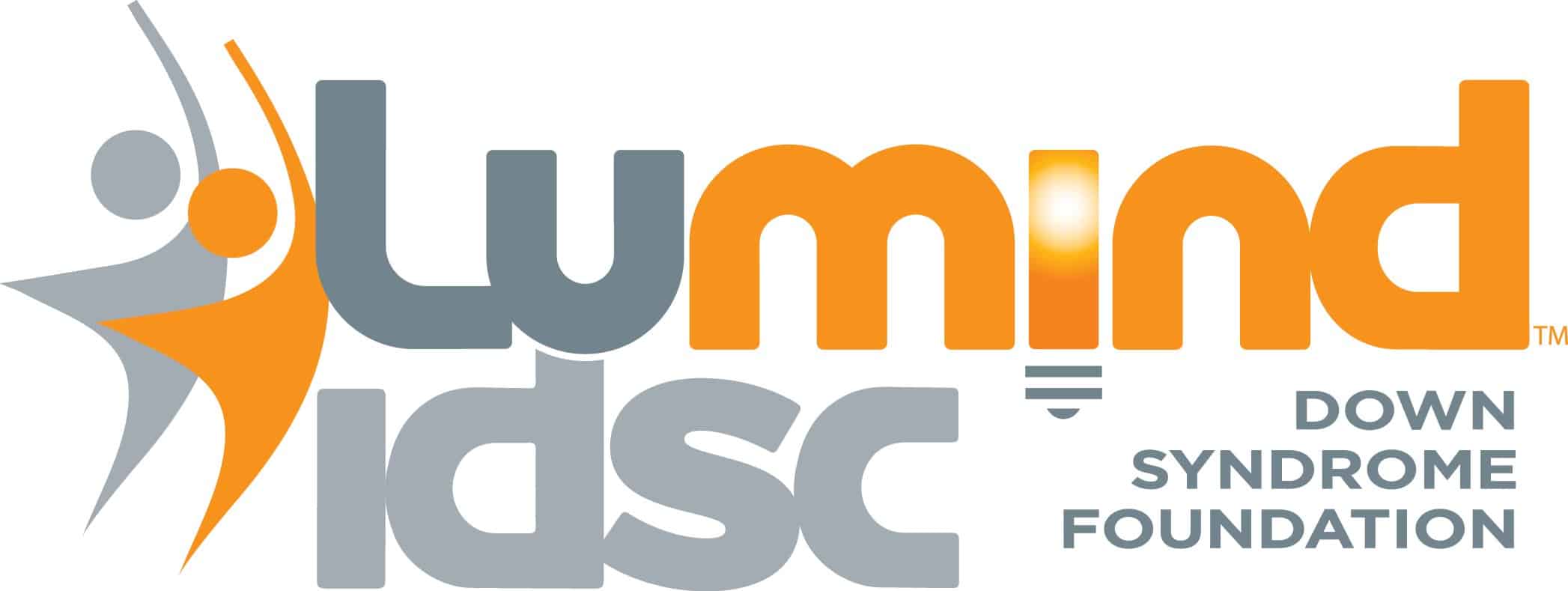Recently, two institutions in the Down Syndrome Clinical Trials Network (DS-CTN) published five studies about Down syndrome-related health and wellness, ranging from infectious diseases to mental health, skills, and independence.
This new information will help researchers and clinicians find new approaches to addressing the unmet medical needs of people with Down syndrome.
Piloting the Use of Global Health Measures in a Down Syndrome Clinic
In this study, a team of researchers at Mass General Hospital Down Syndrome Program (MGH DSP) conducted a survey about global health from December 2018 to July 2019 with adolescents, adults, and their caregivers.
The study asked adults with Down syndrome and their caregivers (self-report versus parent report) about their own perception of their overall health.
Description of Daily Living Skills and Independence: A Cohort from a Multidisciplinary Down Syndrome Clinic
A team at the Mass General Hospital Down Syndrome Program (MGH DSP), led a study to describe the current life skills in their clinic population of children and adults with Down syndrome. Taking demographics and living situations into account, they were able to review the intake forms of 546 patients within their Down syndrome program.
Prevalence of Endocrine Disorders Among 6078 Individuals With Down Syndrome in the United States
In a study of the largest documented cohort of individuals with Down syndrome in the United States, researchers at the Adult Down Syndrome Center, Advocate Aurora Health, conducted a retrospective study to report the prevalence of 21 endocrine disorder conditions, across 28 years of data, from 6078 individuals with Down syndrome. Some of their findings include the prevalence of “adrenal insufficiency and Addison’s disease; thyroid disorders, including hypothyroidism, hyperthyroidism, Hashimoto’s disease, and Graves’ disease; prolactinoma/hyperprolactinemia; diabetes insipidus; type I diabetes mellitus; and gout.”
These results will help researchers and providers find new ways to approach screening and treatment of endocrine conditions for individuals with Down syndrome.
Prevalence of Mental Health Conditions Among 6078 Individuals with Down Syndrome in the United States
In another retrospective, descriptive study, researchers from the Adult Down Syndrome Center, Advocate Aurora Health documented the prevalence of 58 mental health conditions across 28 years of data from 6078 individuals with Down syndrome. Researchers found that individuals with Down syndrome had higher prevalence of:
- mood disorders (including depression)
- anxiety disorders (including obsessive-compulsive disorder)
- schizophrenia
- psychosis (including hallucinations)
- personality disorder
- dementia (including Alzheimer’s disease)
- mental disorder due to physiologic causes
- conduct disorder
- tic disorder
- impulse control disorder
On the other hand, individuals with Down syndrome experienced lower prevalence of substance abuse, post-traumatic stress disorder, bipolar disorder and attention deficit, among others.
Prevalence of Infectious Diseases Among 6078 Individuals With Down Syndrome in the United States
In a study led by the Adult Down Syndrome Center, Advocate Aurora Health, for the purpose of understanding the clinical approach to patients with Down syndrome, researchers explored the prevalence of infectious diseases among individuals with Down syndrome.
Some of their findings include the higher prevalence of pneumonia and some skin infections, however, they had a lower prevalence of many respiratory infections other than pneumonia (influenza, strep pharyngitis, upper respiratory infection, sinusitis, tonsillitis, laryngitis, bronchitis, scarlet fever, and otitis media) as well as a lower prevalence of sexually transmitted diseases.


